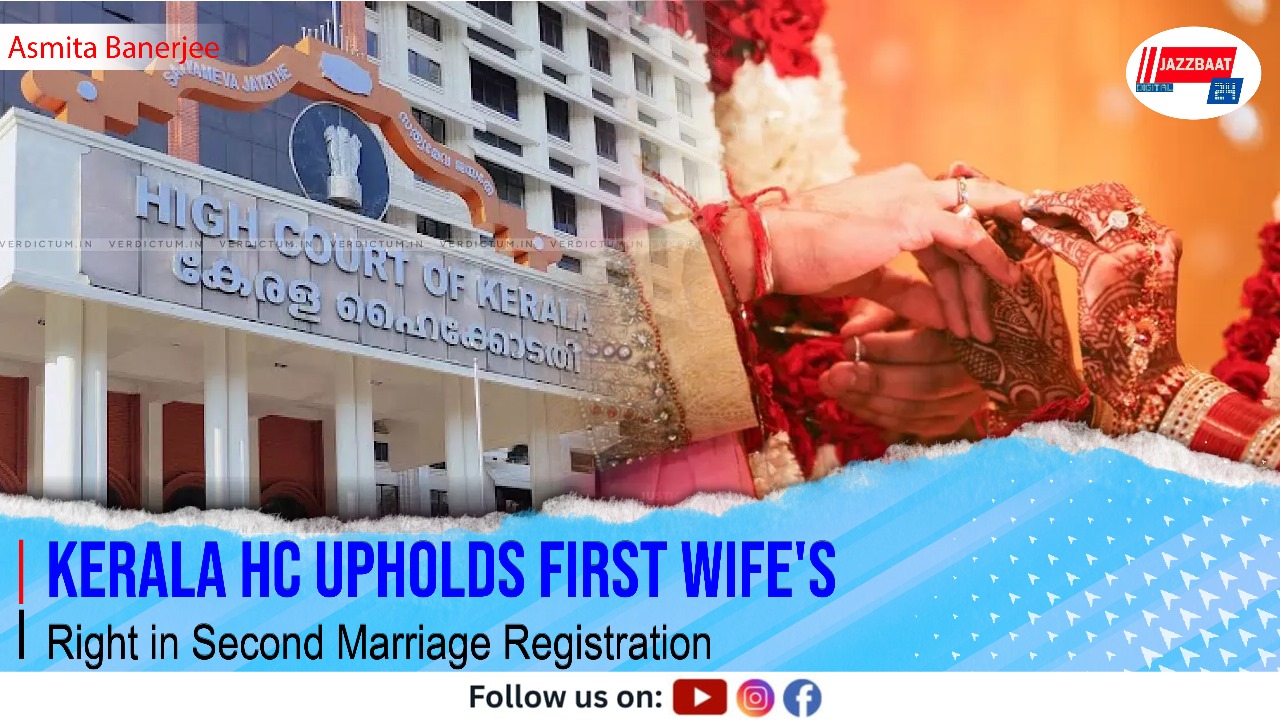
The Kerala High Court has ruled that a Muslim man seeking to register his second marriage under the Kerala Registration of Marriages (Common) Rules, 2008, must first notify and provide an opportunity to be heard to his first wife if the marriage with her is still valid. The court emphasized that if the first wife objects to the registration, claiming the second marriage is invalid, the registrar must halt the registration process and refer the parties to a competent civil court to determine the marriage’s validity under personal laws.
Justice P.V. Kunhikrishnan delivered the verdict on October 30 while hearing a petition filed by a 44-year-old Muslim man from Kannur and his second wife from Kasaragod. The couple had married in 2017 under Muslim customs and sought registration of their union. The local registrar declined to register the marriage since the first wife was not notified.
The court rejected pleas citing Muslim personal law that permits polygamy, stating that such rights cannot override constitutional principles of equality, fairness, and justice. It noted that neither the Quran nor Islamic law allows a man to contract a second marriage or maintain extramarital relationships without the knowledge of the first wife.
The bench observed that "a Muslim wife cannot be a silent spectator" to such registrations and highlighted that 99.99% of Muslim women would oppose their husband’s second marriage while the first still subsists. The court underscored that religious practices must align with constitutional guarantees, including Articles 14 and 15 which ensure equality before law and prohibit discrimination.
By mandating fair hearing for the first wife, the court aimed to protect her rights and ensure transparency in matters of marriage registration. It clarified that marriage registration authorities have the power to hear objections but not to decide validity. Cases of dispute must be referred to civil courts for adjudication.
This judgment marks a significant step in balancing personal laws with constitutional rights, emphasizing fairness and justice for Muslim women amid ongoing debates on gender equality and civil rights reforms.